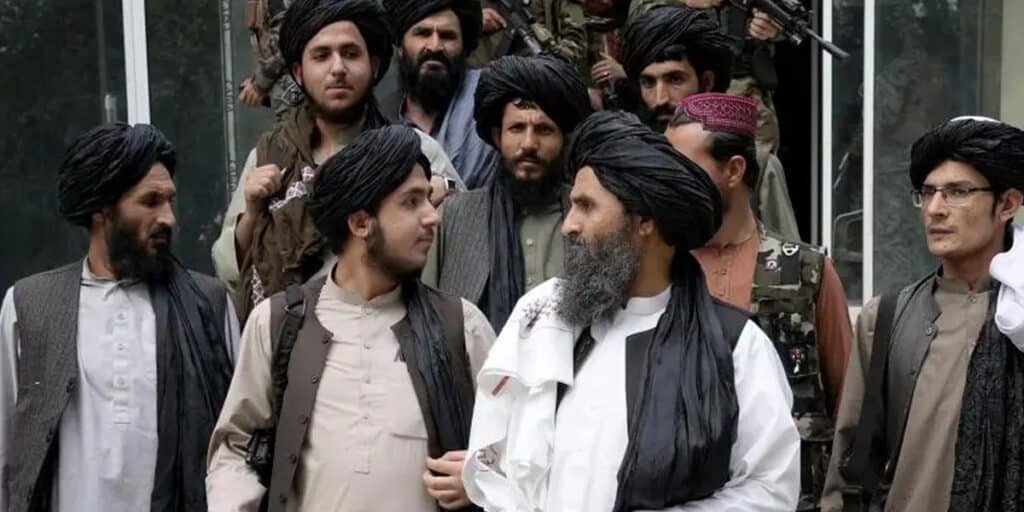Tensions between the militant factions Jamaat-ul-Ahrar and the TTP’s Mehsud faction have once again escalated, reviving an old rivalry that the Afghan Taliban had long sought to contain. In the past, Kabul played mediator between these groups, keeping them under a fragile arrangement to prevent open conflict.
Alongside them, the Hafiz Gul Bahadar group—openly opposed to the TTP—also lives peacefully inside Afghanistan, enjoying full protection from the Afghan government. These militants are not only tolerated but facilitated: they carry official cards, travel under armed protocol, and operate freely under the watch of Afghan authorities.
This policy is far from accidental. The Afghan government keeps these rival factions on hand as tools for its own proxy operations—sometimes deploying them against ISIS-K, and at other times using them to silence voices critical of Kabul’s rule.
Such a dual strategy exposes the Afghan Taliban’s duplicity. While they try to convince the international community that Afghan soil will not be used for militancy, in reality they protect, host, and empower armed groups whose violence destabilizes Pakistan and the wider region. Kabul’s double game not only undermines regional peace but confirms Pakistan’s long-standing concerns about cross-border militancy.





